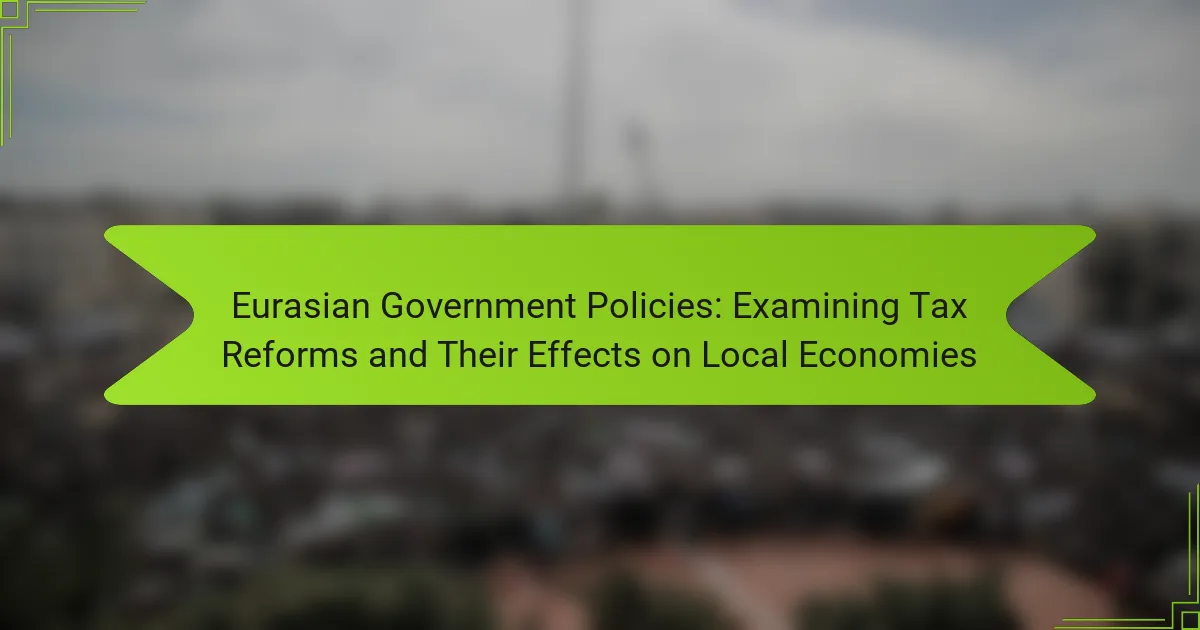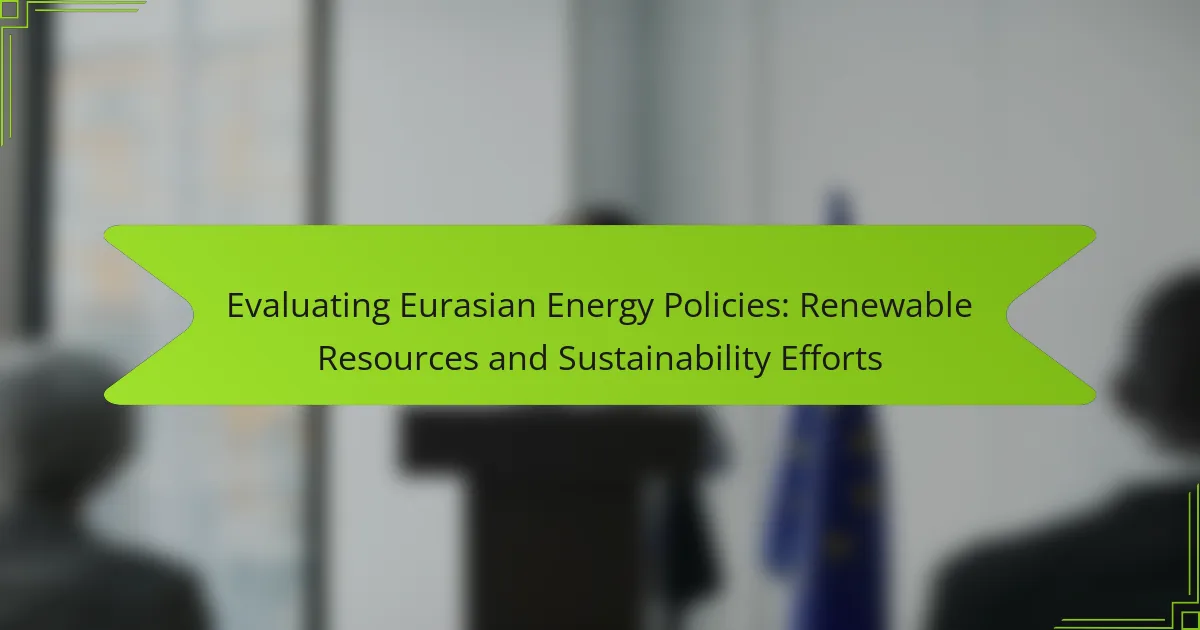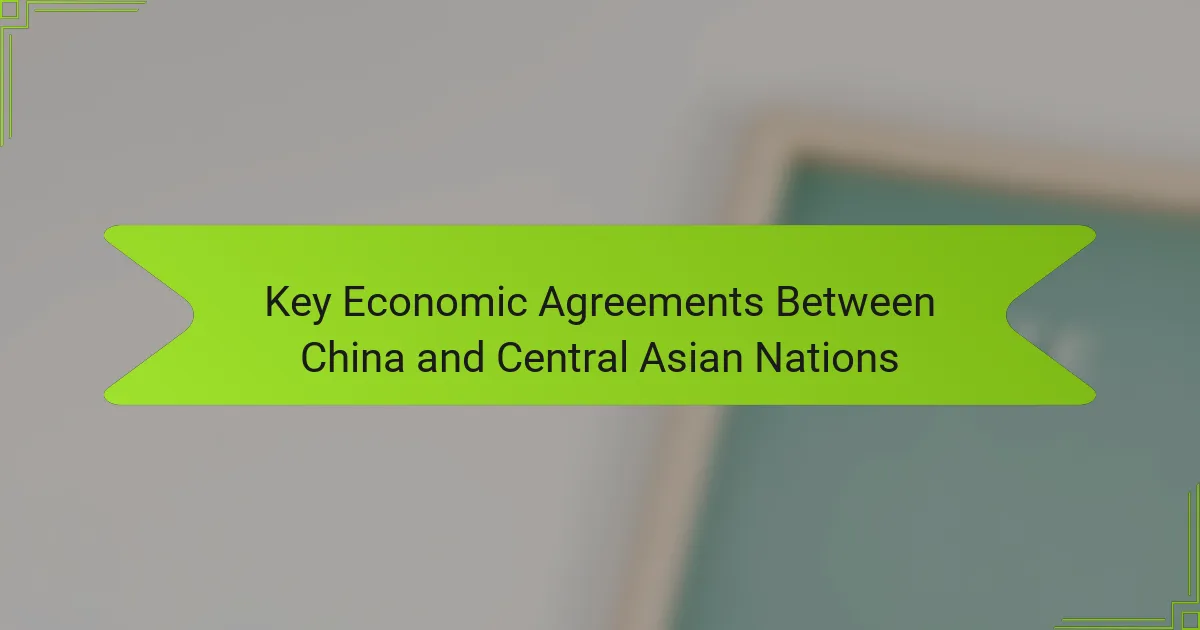The Eurasian Economic Union (EAEU) is a regional economic integration organization established in 2015, comprising Armenia, Belarus, Kazakhstan, Kyrgyzstan, and Russia. The EAEU aims to create a single market for goods, services, capital, and labor, enhancing trade and economic cooperation among its member states. This article examines the benefits of the EAEU, including tariff elimination […]

The Future of Eurasian Economies: Predictions and Key Drivers
Eurasian economies encompass a diverse group of nations characterized by their resource-rich environments and emerging market status. These economies are in a state of transition from centrally planned systems to market-oriented frameworks, with significant reliance on natural resources such as fossil fuels and minerals. Key factors influencing future growth include technological advancements, infrastructure development, and […]

The Rise of Nationalism in Hungary: Political Trends, Public Opinion, and Regional Implications
The article examines the rise of nationalism in Hungary, focusing on key factors such as economic concerns, cultural identity, and political leadership. Economic stagnation and unemployment have led to public dissatisfaction, which supports nationalist policies promising improvement. Cultural identity preservation amidst globalization and strong political leadership from the Fidesz party under Viktor Orbán further fuel […]

Recent Developments in Russian Political Landscape: Key Events, Leadership Changes, and Public Reactions
The article focuses on recent developments in the Russian political landscape, highlighting increased tensions between the government and opposition groups. Notable events include widespread protests in 2023 over economic issues, which were met with police crackdowns and arrests of activists. Changes in key leadership positions within the government suggest a potential consolidation of power amid […]

Eurasian Government Policies: Examining Tax Reforms and Their Effects on Local Economies
Eurasian government policies encompass the regulatory frameworks and strategies employed by countries in the Eurasian region to manage economic activities, with a particular focus on tax reforms. These reforms aim to stimulate economic growth, enhance fiscal stability, and improve tax collection efficiency. The article examines how tax reforms influence local economies by affecting revenue structures, […]

Evaluating Eurasian Energy Policies: Renewable Resources and Sustainability Efforts
Eurasian energy policies focus on key components such as energy security, diversification of energy sources, and sustainability initiatives. Energy security ensures reliable access to resources through strategic partnerships and infrastructure investments, while diversification aims to reduce reliance on a single energy source. Many Eurasian nations are investing in renewable energy technologies to meet sustainability goals […]

Regional Security Challenges in the Caucasus
The primary focus of the article is regional security challenges in the Caucasus. Key issues include territorial disputes, particularly in Nagorno-Karabakh, which have resulted in violent conflicts between Armenia and Azerbaijan. The article highlights ethnic tensions among groups such as Armenians, Azerbaijanis, and Chechens, which often lead to violence. Additionally, geopolitical rivalries involving major powers […]

Political Landscape of Kazakhstan: Key Challenges and Opportunities for Reform
The political landscape of Kazakhstan is defined by its presidential republic framework, with significant executive power held by the President, currently Kassym-Jomart Tokayev. Historically, the ruling party, Nur Otan, has dominated the political scene, established by former President Nursultan Nazarbayev. Recent years have seen calls for political reforms amid challenges related to governance, political repression, […]

Key Economic Agreements Between China and Central Asian Nations
Key economic agreements between China and Central Asian nations encompass trade partnerships, investment agreements, and infrastructure projects, primarily driven by China’s Belt and Road Initiative. This initiative aims to enhance connectivity and trade routes, facilitating significant investments in transportation, energy, and telecommunications, particularly in sectors like Kazakhstan’s oil and gas industry. However, these agreements face […]

Gender Equality Movements in Ukraine: Achievements, Challenges, and Activism Strategies
Gender equality movements in Ukraine focus on advocating for women’s rights and achieving gender parity. Since the early 1990s, particularly following Ukraine’s independence, these movements have gained significant momentum, with organizations such as the Women’s Consortium of Ukraine playing a vital role. Key issues addressed include domestic violence, economic empowerment, and political representation, highlighted by […]
